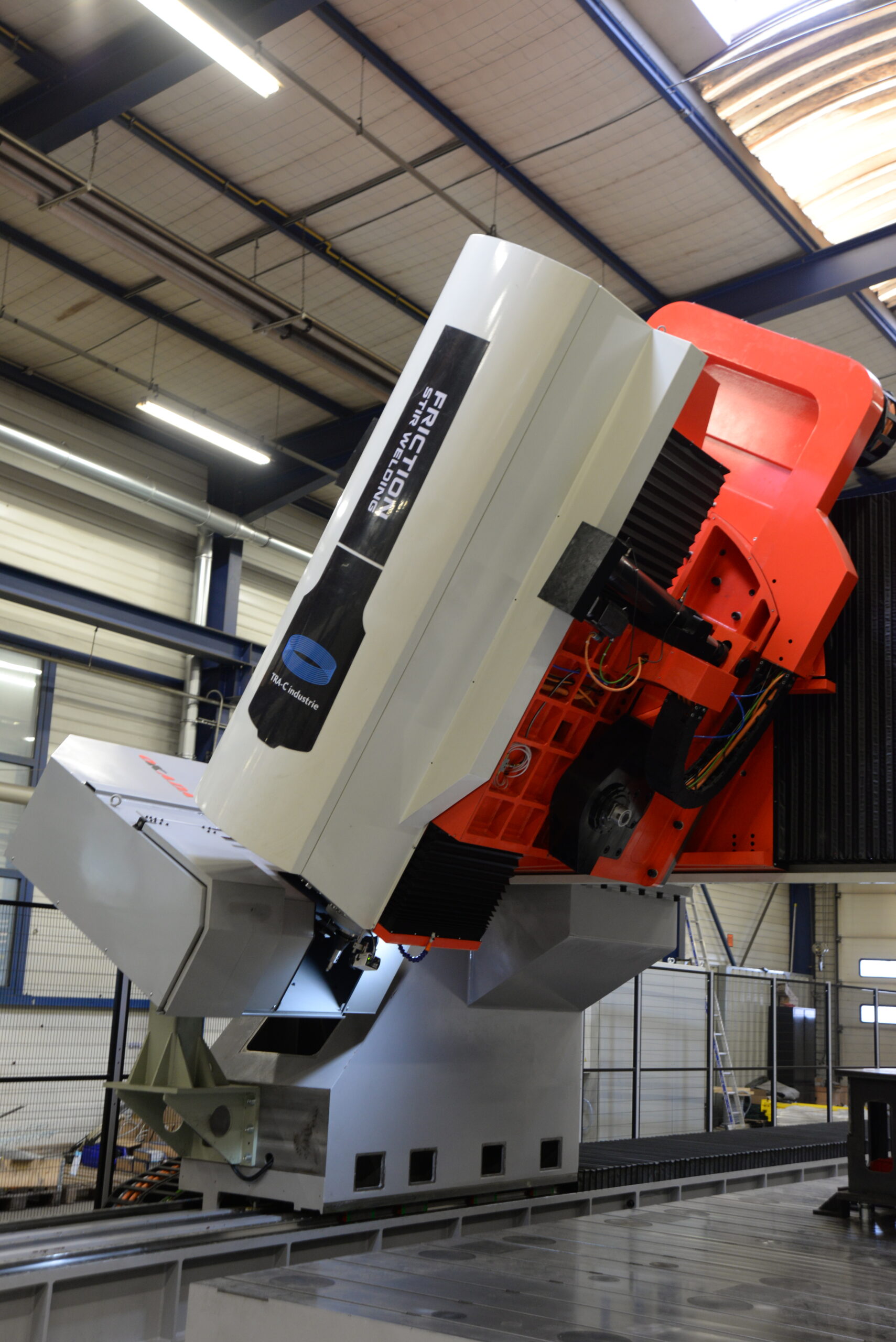FSW: an ecological welding technology
In recent years, Friction Stir Welding (FSW) has established itself as an advanced technology that is inseparable from industrial development. Indeed, where difficulties could have been prohibitive, the latter makes it possible to achieve decisive advances, as much in the aeronautical sector as in the automotive, pharmaceutical or even agri-food industries. Friction welding, with its extreme precision, offers another, infinitely valuable added value: it contributes to the necessary efforts to reduce the environmental impact of the industrial world. How can this innovative technology help you consolidate your company’s CSR policy? How is FSW environmentally friendly? Let’s find out here.

The environmental impact of industry: a priority in the present
The industrial world is resolutely one of perpetual change and the forward march of innovation. Directly concerned by the fourth 4.0 revolution that has taken hold of the 21st century, it is a key player in the implementation of the famous digital transition. It is also at the forefront when it comes to environmental protection.
The ecological news is alarming, the need to take measures to limit pollution and human risks is obvious. All major companies are working to understand and reduce their negative effects on the ecosystem. In the era of CSR as defined by the European Commission, performance is combined from three simultaneous angles: economic, environmental and social.
This is precisely where the example of friction stir welding takes on its strength. It becomes an ally of the CSR agenda of small, medium or large industries. If its added value to propel productivity and quality left no doubt, the FSW process demonstrates today that it is also capable of opening an encouraging technological path. Safer and greener, friction stir welding contributes to reconciling people and the environment at the heart of the company.
Fusion Welding versus Friction Stir Welding: The Fundamental Difference that Turns Green
In the different welding processes, MIG, TIG, arc welding and, more recently, laser welding, the techniques are always based on the same principle: the addition of material coupled with heat and the fusion of the metal that creates the weld.
Friction stir welding revolutionizes this joining approach. With FSW, there is no heat or material input. The tool penetrates the junction of the two elements to be joined with such a speed of rotation that the metal softens and joins. And above all,
- While the melting of metals requires a high temperature rise – and therefore a high energy consumption – friction stir welding requires little energy.
- Without filler metal, the use of consumables is reduced.
- The FSW process avoids the issue of waste, as the cord is drawn through the existing material.
- The degree of quality obtained and the efficiency of the cords minimize rejects.
- The friction stir welding machine therefore reduces the consumption of all resources required for the final product, thereby limiting its carbon footprint and financial cost.


Other ecological advantages of friction stir welding
Friction stir welding technology has not said its last word to provide additional answers to CSR issues. Indeed, while promoting the overall performance of the industry, it minimizes the ecological impacts and the interaction between the company and its ecosystem. In addition, it positively affects the working conditions of employees. Indeed:
- Friction stir welding, which is carried out cold, does not emit smoke, gas, UV rays or spatter. It therefore increases safety at work.
- It does not generate an electromagnetic field.
- The FSW process also eliminates the need for solvents, especially for the pre-treatment of certain materials. This constitutes a triple gain: less consumables, elimination of polluting fumes, protection of employees.
- It obviously reduces drudgery and risk on the workstations.
- Fast and perfectly automated, the friction stir welding robot makes it possible to take over repetitive, tiring or less interesting tasks, leaving the welder with his irreplaceable human know-how.









